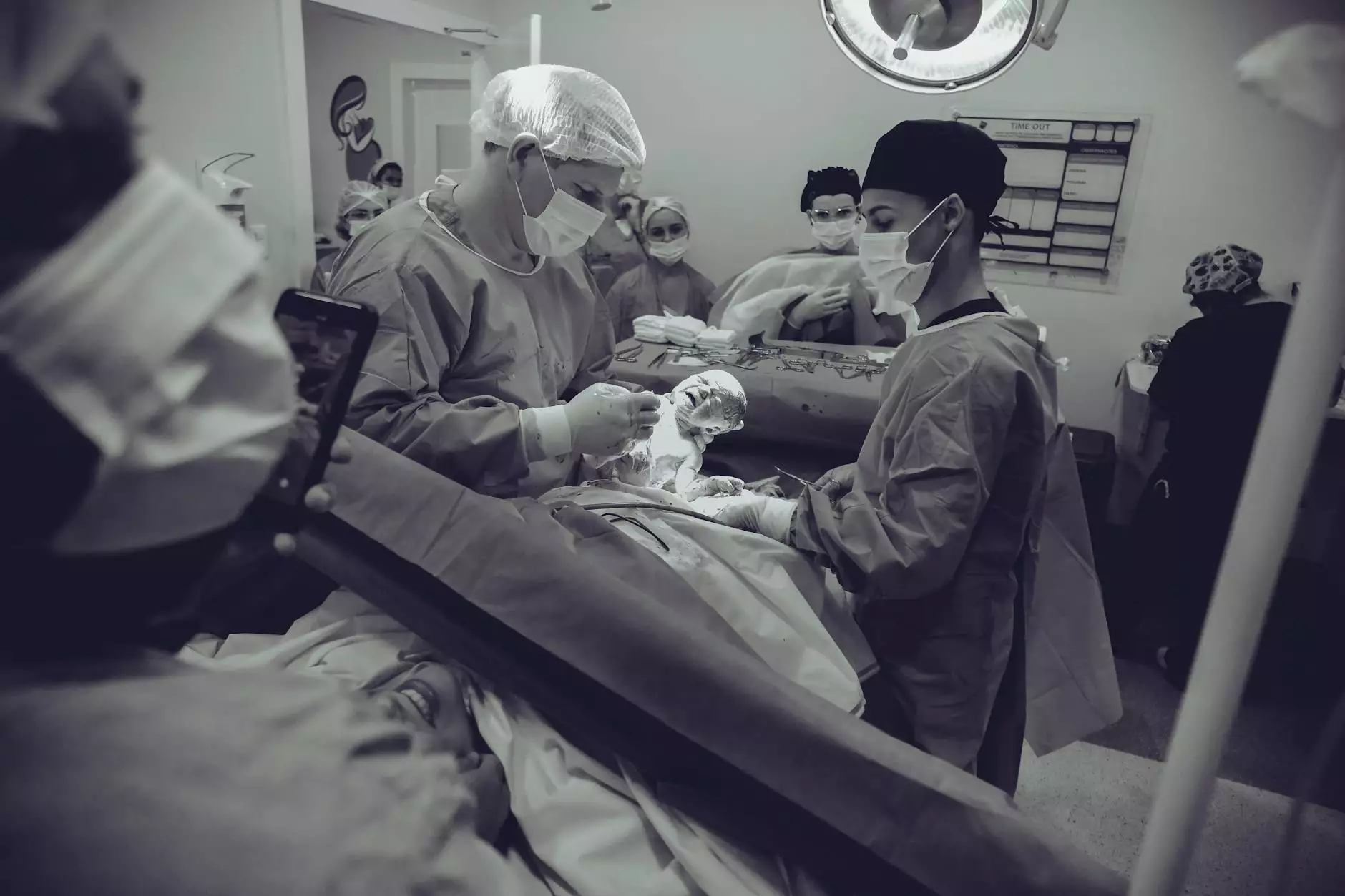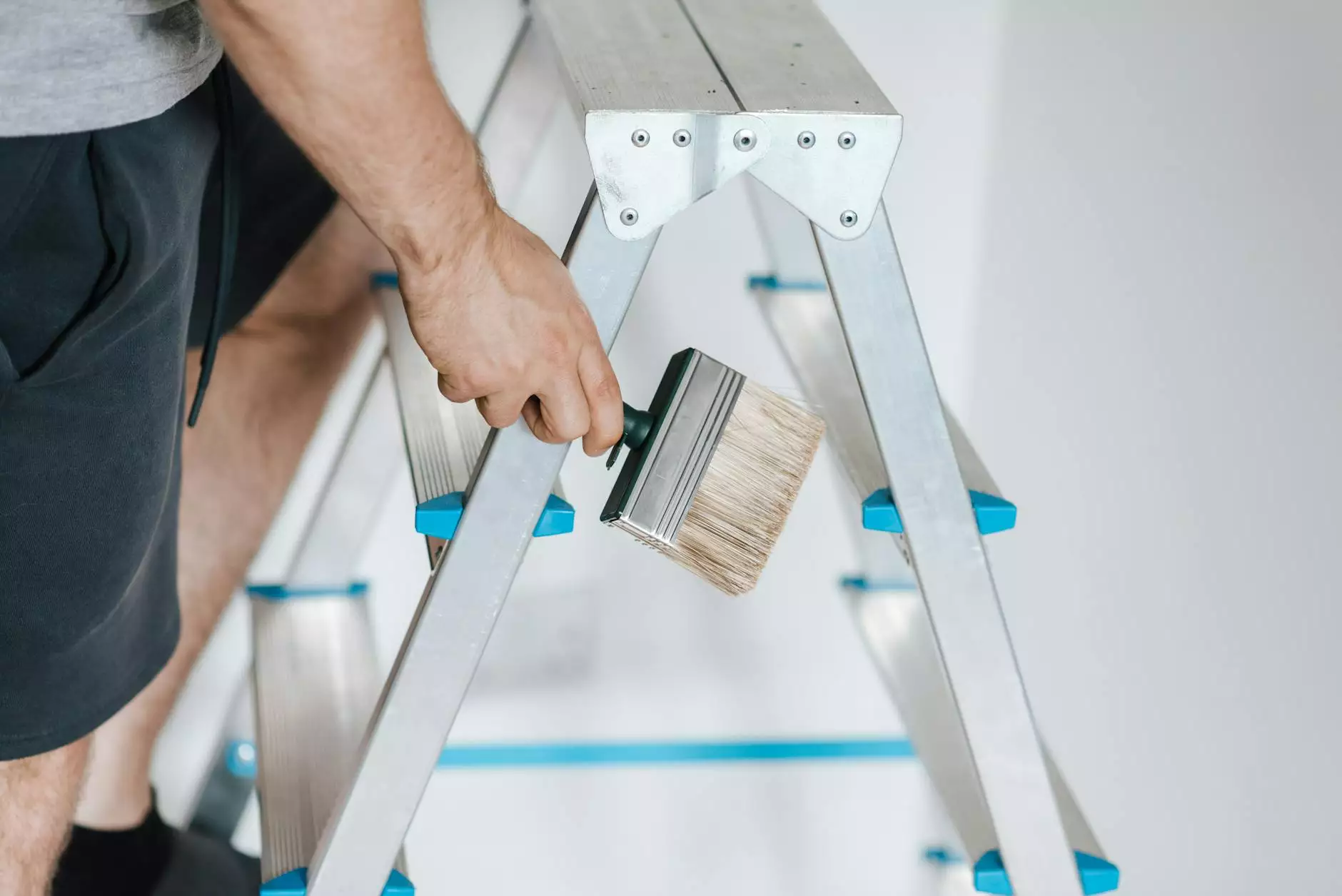Understanding the Cost of Pectus Excavatum Surgery: A Comprehensive Guide

If you or a loved one is considering surgical intervention for pectus excavatum, you may be wondering: how much does pectus excavatum surgery cost? This article dives deep into this pressing question, breaking down the various factors involved, the potential expenses, and what you can expect throughout the process.
What is Pectus Excavatum?
Pectus excavatum, often referred to as "funnel chest", is a common congenital deformity where the breastbone (sternum) grows inward, creating a distinctive indentation in the chest. This condition can lead to both physical and emotional challenges.
Physical Implications
- Respiratory Issues: Severe cases may impair lung capacity and function.
- Cardiovascular Effects: It may put pressure on the heart and major blood vessels.
- Exercise Limitations: Many individuals experience a decrease in stamina and struggle with physical activities.
Emotional Impact
The appearance of pectus excavatum can also affect one’s self-esteem. Individuals, especially adolescents, may suffer from social anxiety and low confidence. Therefore, considering surgical options isn't merely a health decision but also a significant step towards improving quality of life.
Why Consider Surgery?
Pectus excavatum surgery is typically recommended for individuals who experience severe symptoms or are self-conscious about their appearance. The most common surgical options include:
- Nuss Procedure: A minimally invasive surgery where a curved bar is inserted to elevate the sternum.
- Ravitch Procedure: An open surgery that involves the removal of cartilage and repositioning the sternum.
Before we dive into how much does pectus excavatum surgery cost, it’s essential to understand the different factors that contribute to the overall price of the procedure.
Factors Influencing the Cost of Pectus Excavatum Surgery
The cost of pectus excavatum surgery can vary significantly based on several factors:
1. Location of the Surgery
The geographic location can greatly influence the cost. Major urban centers typically have higher average costs due to elevated living expenses and demand for healthcare services.
2. Type of Surgery
As mentioned, the two predominant techniques—Nuss and Ravitch—have differing cost structures. The Nuss procedure is generally less expensive due to its minimally invasive nature, but requires careful consideration of associated costs (e.g., hospital stay, aftercare).
3. Surgeon’s Expertise
Surgeons with extensive experience in performing pectus excavatum surgeries may command higher fees. However, choosing a highly qualified surgeon can provide peace of mind regarding the procedure’s safety and effectiveness.
4. Hospital Fees
Different hospitals have various fee structures based on their facilities and available technologies. Costs may include operating room fees, anesthesia, and post-operative care.
5. Insurance Coverage
Depending on your insurance plan, some or all of the surgery's costs may be covered. Many providers will only cover the surgery if it's deemed medically necessary rather than purely cosmetic, so it's crucial to check your plan for specifics.
Estimated Costs of Pectus Excavatum Surgery
When addressing how much does pectus excavatum surgery cost, it’s helpful to provide a rough estimate:
- Minimally Invasive Nuss Procedure: $30,000 - $70,000
- Ravitch Procedure: $40,000 - $100,000
These figures represent a comprehensive cost, including surgeon fees, hospital stay, anesthesia, and follow-up care. It’s important to remember that individual costs can vary widely based on the previously mentioned factors.
Insurance and Financial Assistance
Understanding Insurance Coverage
Most insurance providers require a detailed assessment before approving surgery. Documentation from your healthcare provider demonstrating the medical necessity of the procedure is essential. Here are some tips:
- Contact your insurance provider for a pre-authorization.
- Document all related medical symptoms and treatments.
- Ask for a detailed breakdown of covered services.
Financial Assistance Options
If insurance does not cover your surgery, there are other options to consider:
- Payment Plans: Many hospitals offer payment plans to help manage costs.
- Medical Financing: Third-party medical financing companies can help you pay for the procedure over time.
- Nonprofit Organizations: Some organizations provide financial aid for medical procedures based on need.
Preparing for Surgery
Preparation for pectus excavatum surgery is crucial for a successful outcome. Here are several steps to take:
Preoperative Consultation
Meet with your surgeon to discuss:
- Your medical history
- Expected outcomes
- The procedure's intricacies
Health Optimization
Ensuring you are in optimal health can improve recovery times. This may involve:
- Quitting smoking
- Adopting a nutritious diet
- Engaging in light exercise
Understanding the Recovery Process
Recovery from pectus excavatum surgery varies, but knowing what to expect can ease anxiety. Generally, recovery involves:
- Short hospital stay (1-3 days for the Nuss procedure)
- Pain management, as discomfort is common post-surgery
- Limitations on physical activities for several weeks
Long-Term Considerations
Following surgery, regular follow-up appointments with your surgeon are vital to monitor progress, potential complications, and overall health. It’s also essential to have realistic expectations about aesthetic results and any further treatment that might be necessary down the line.
Conclusion
Deciding to undergo pectus excavatum surgery is a significant step towards improving both health and self-esteem. Understanding how much does pectus excavatum surgery cost is a crucial part of this decision-making process. By considering various factors, exploring insurance and financing options, and preparing adequately, you can navigate this journey more confidently. For more personalized advice and consultation, reach out to professionals listed under Doctors, or explore services in Health & Medical and Medical Spas categories for further assistance.



